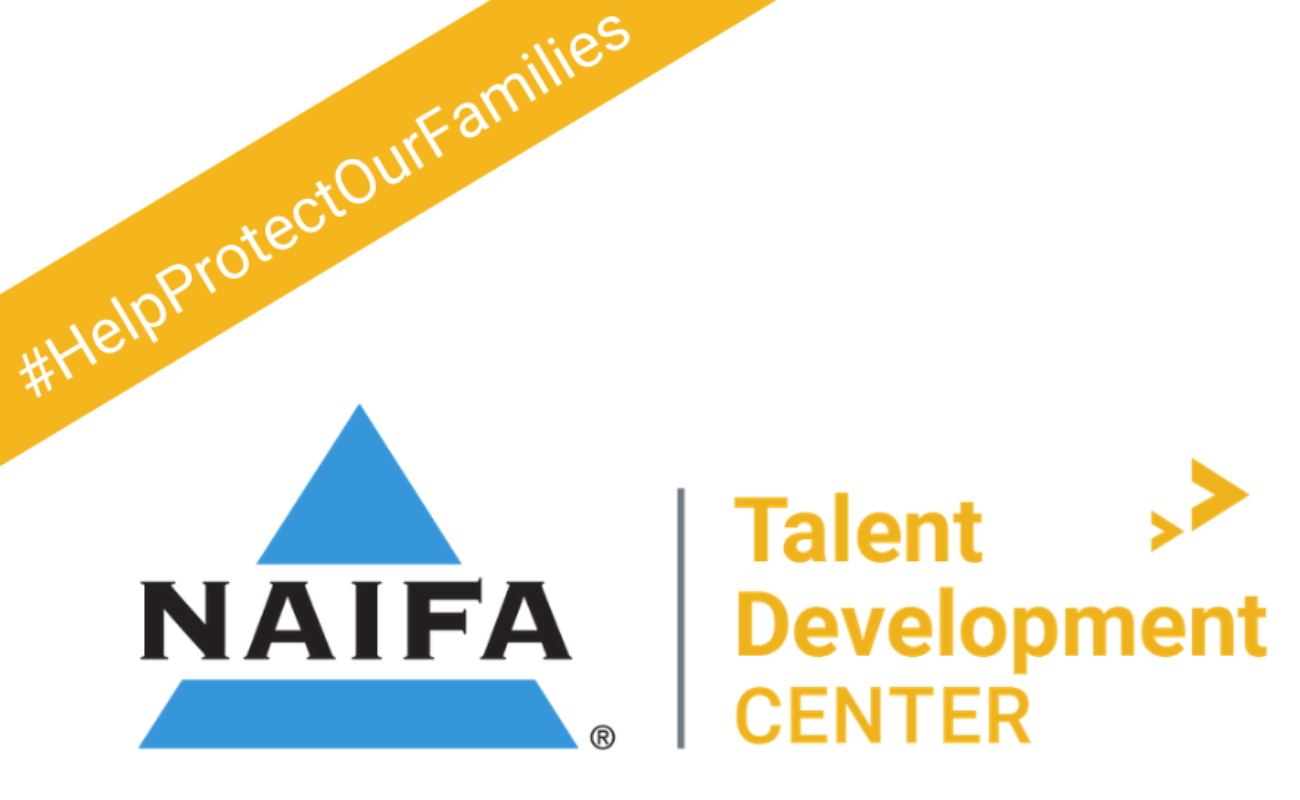Over the past two to three years, there is no doubt you’ve been through a tremendous amount of change. The pandemic transformed the way we lived and worked. From career security to The Great Resignation, many of us were provided with plenty of opportunities for reflection. You went from working live to virtual and saw family and friends change careers, move from their homes (even total relocations), and pick up hobbies they’ve dreamed about for years.
There’s a light at the end of the tunnel – COVID-19 vaccinations are ramping up and the pandemic may be over in the foreseeable future.
Undoubtedly, many aspects of how we traditionally carry out work had to change because of the risks of virus transmission. But the question remains, how will COVID-19 change the workplace for the long haul?
- Were the changes a temporary abnormal?
- Will it soon be back to business as usual?
- Or will COVID-19 have lingering effects on the workplace that will stay with us even after the pandemic ends?
The latter seems to be the most likely scenario.
We asked eight Insperity HR gurus to give their predictions on how COVID-19 will change the workplace permanently.
We broke their answers into five categories:
- Remote work
- Flexibility and work-life balance
- Technology use
- Compliance with laws and regulations
- Cybersecurity
Despite all the disruptions and stress that came with unexpected change and prolonged periods of uncertainty, many of these long-term impacts of COVID on the workplace may actually be positive.
Here’s what they had to say.
1. Remote work
No longer will the status quo – the brick-and-mortar location for a company – be the norm for some businesses.
The ability for employees to work remotely and be effective has demonstrated that the previous standard requirement for on-site work may be an outdated concept going forward for certain types of businesses where an on-site presence is not critical.
Kim Franklin | Senior Human Resource Advisor | Chicago, Illinois
This forced experiment has been a true learning event for everyone and has changed the relationship between employers and employees for the better.
Companies have now realized that many of their functions can be done successfully and remotely.
Before the pandemic, many companies were hesitant to truly accept this concept. Being forced to adapt in real time opened company leaders’ eyes to this new way of working.
Managers had to shift their perspectives and expectations of employees and learn new skills. Many have been very pleasantly surprised by the outcome.
Bonnie Moynch | Performance Specialist | Houston, Texas
Employees and employers alike now realize that remote work is feasible in many cases. Remote work will continue to prevail.
For employees, this may help to reduce commuting costs and stresses, and improve work-life balance. For employers, this may allow them to reduce the costs associated with physical office locations – either by:
- Moving to smaller or less expensive locations
- Or even closing physical offices
There may be no compelling need for an employee to return to working in a physical office. However, this adds the complication of how to manage employee performance, conduct and attendance remotely.
Mark Berry | Senior Human Resource Specialist | Bay Area, California
There will be a broader acceptance and embrace of a more virtual workforce.
Training has had to adapt for virtual environments, and that may stick. The days of gathering hundreds of people – or even just 20 or 30 – in one space for conferences, seminars and training may be a thing of the past.
We must be creative in figuring out interactive ways to engage employees while achieving similar outcomes as before. For example, what used to be one full day of training may now be three shorter days.
Additionally, managers must be able to lead remote employees well. They need to:
- Stay engaged with their people
- Make the extra effort for one-on-one personal time
- Learn what motivates their employees
- Identify how they learn and work best
Michelle Kankousky | Senior Corporate Learning and Development Consultant | Houston, Texas
2. Flexibility and work-life balance
Balance and flexibility will be the new workplace mantras, and employees will become a more active partner in designing what that will look like.
Bonnie Moynch | Performance Specialist | Houston, Texas
The pandemic required businesses to have an increased flexibility with work hours, work-life balance and caregiver needs. Employers will need to sustain flexible work options to attract and retain skilled workers.
Caroline Hernandez | Human Resource Advisor | Los Angeles, California
Employers have learned an important lesson on flexibility and extending grace. On video calls for conducting business, it’s common for a child’s face to suddenly appear on the screen, a dog to bark or a baby to cry. Working around an employee’s family responsibilities in a crisis situation has fostered innovation and creativity.
The post-pandemic period may reflect a hybrid of on-site/off-site employees, investment in technology to ensure seamless transitions when business needs to adapt quickly to change and, through it all, balance personal and work life.
Kim Franklin | Senior Human Resource Advisor | Chicago, Illinois
Employers who prefer to have their employees on-site may consider providing motivation for employees returning to the office.
Allowing flexible schedules, such as one or two days of remote work and three or four days in the office may be sufficient to appease those who wish to remain home.
Arranging social gatherings in the office can also be a draw to bringing employees back to work. Hosting a lunch meeting or just bringing in lunch and giving employees an opportunity to gather on a regular basis may also be a good incentive.
Kelley Zanfardino | Senior HR Compliance Analyst | San Diego, California
3. Technology use
Technology has played – and will continue to play – a key role for many companies in maintaining the ability to work without experiencing a significant, negative impact on how they conduct their business.
Kim Franklin | Senior Human Resource Advisor | Chicago, Illinois
The workplace quickly adapted during the pandemic to extensively use audio and video conferencing to replace face-to-face meetings across a broader range of situations – and with employees who may not have ever used that technology before.
We will continue to see increased use of audio and video conferencing. In some cases, this technology will be more efficient in reducing travel time and expenses.
Mark Berry | Senior Human Resource Specialist | Bay Area, California
Because COVID forced many businesses to close or adapt operations, leaders had to leverage technology to come up with alternative ways of doing business that, as a result, streamlined processes and services. The most cost-effective solutions may be sustained into the future.
Caroline Hernandez | Human Resource Advisor | Los Angeles, California
4. Compliance with laws and regulations
There may be new requirements targeting time off for employees – whether that’s mandatory sick leave or public-health leave.
Some locations had laws of this nature already in place, often as part of a mandatory sick-leave law. Other locations may not have included public-health issues in their sick-leave laws – or they don’t have an applicable law at all.
All employers will need to maintain awareness of any legislation that arises from the pandemic, and adapt accordingly.
Kelley Zanfardino | Senior HR Compliance Analyst | San Diego, California
The COVID-19 pandemic may change the workplace by forcing businesses to reconsider safety protocols and procedures. They may have a newfound appreciation for OSHA and safety expertise. As a result, we could see increased budgets to invest in safety specialists and sanitation services for their businesses in the future.
Likewise, HR professionals have become essential – more than ever – in helping to navigate COVID-related laws and guidance at the local, state and federal level.
Caroline Hernandez | Human Resource Advisor | Los Angeles, California
5. Information security
The shift to long-term remote or hybrid work arrangements will further blur the line between the personal and the professional.
Companies will need to consider how they protect data – both electronic and physical – when it’s accessed from a home environment. For example:
- Will you allow confidential materials to be accessed at home?
- What about the ability to print those materials?
- How should workplace property be stored and secured?
On the flip side, employees should be careful to not disclose more of their personal lives than intended. For example, what’s visible behind them on a video call?
Long-term change driven by the pandemic is providing incredible opportunities to balance our work and personal lives. We just need to make sure that we redraw and reinforce the appropriate boundaries to protect everyone.
John Rhoades | Managing Director, Data Privacy and Technology Compliance | Houston, Texas
Summing it all up
When it comes to assessing how COVID will change the workplace permanently, HR, performance, and data privacy professionals agree:
- Regardless of what employers thought pre-COVID, remote work or hybrid work arrangements will be viable, ongoing options for some employees.
- Employers may wish to consider continuing to be flexible and accommodating in light of recent experiences.
- Greater consideration should be given to work-life balance and individual employees’ personal circumstances.
- Companies will continue to rely on technology to help them adapt quickly to unexpected events and operate more efficiently.
- However, as the world adjusts to this new reality, niche professional advisors, such as in safety and sanitation protocols, cybersecurity, HR and employment law, will be critical in helping employers avoid or navigate problems.
Overall, COVID may have wrought havoc on a global scale, but fortunately there seems to be a silver lining poised to leave a positive legacy on the workplace.
To get the latest updates on how COVID-19 is changing the workplace, visit the Insperity COVID-19 Resource Center.

















